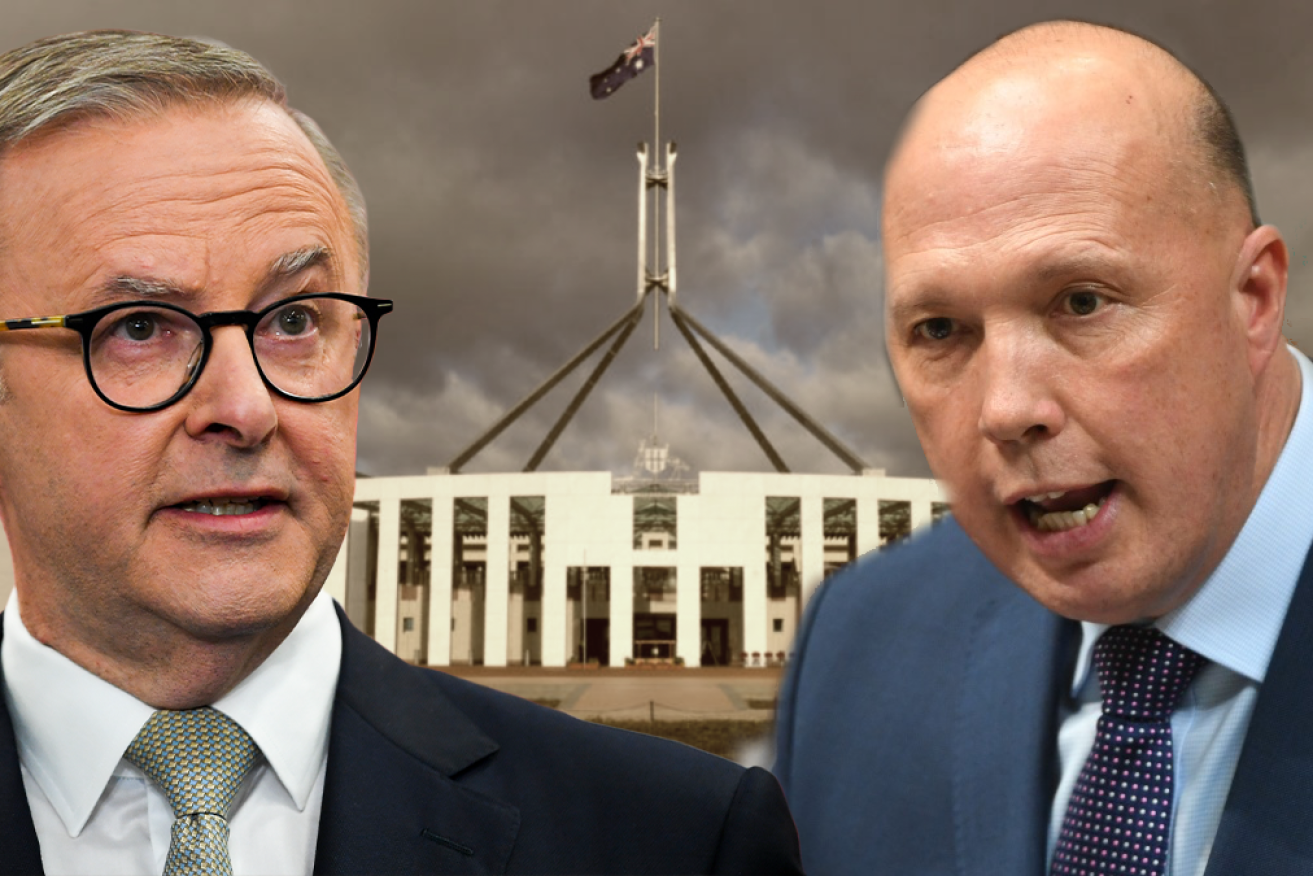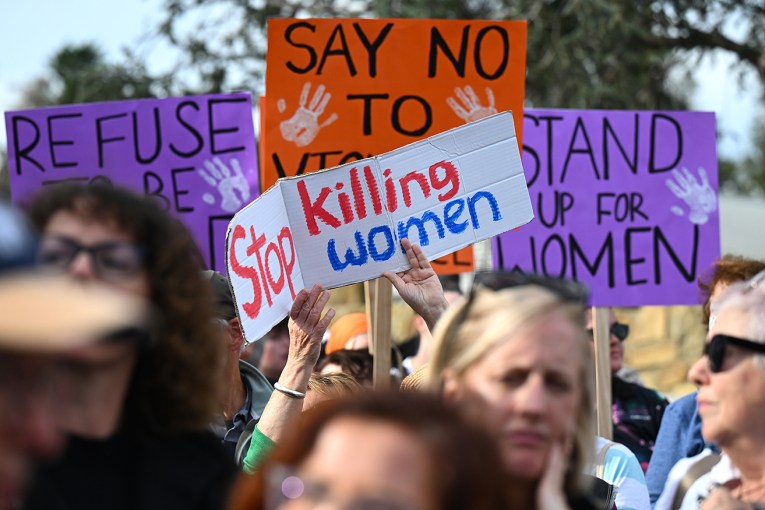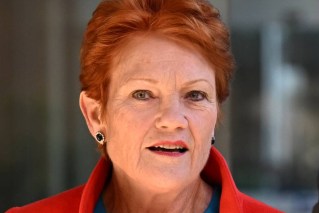Paul Bongiorno: Moment of truth for long-overdue national anti-corruption commission


Anthony Albanese has regained Labor’s lead over the Peter Dutton-led Coalition in the latest Newspoll. Photo: TND
Attorney-General Mark Dreyfus said the Australian people voted for a government that will deliver a powerful, transparent and independent national anti-corruption commission.
This week the Parliament faces an acid test on delivering one.
Labor’s caucus will be given its first look at what is actually proposed on Tuesday.
After the election results no one can doubt the Attorney-General’s statement that the Australian people “believe in integrity”, and want it so much that all sides of politics are scrambling for a slice of the action.
Opposition Leader Peter Dutton, on Four Corners, said he is confident “there’ll be a bill we can support”.
That sent shudders through the Greens and some on the cross bench.
Given the Coalition’s abysmal failure to deliver anything like a genuine watchdog with teeth, Dutton’s statement was read as a worrying signal that Labor was about to sell out.

Shadow finance minister Jane Hume on Sunday. Photo: ABC
Especially as one of Dutton’s senior colleagues, shadow finance minister Jane Hume, warned on the weekend of dire consequences if Parliament got the legislation wrong.
Hume is not the only one in Dutton’s Coalition party room who is dead against public hearings based on what they claim happens in the nation’s strongest corruption-busting commission in New South Wales.
Though it must be said those concerns are usually for Liberals who fall foul of that commission, rather than Labor identities.
Such a commission could deter “good people from careers in public life”, Hume said.
The logic is disturbingly flawed, but is nonetheless heartfelt and pervasive and could mean that Dutton is unable to get his colleagues to back the legislation.
Reassuring words
Dreyfus assured Parliament twice on Monday that he would be proposing the real thing and not what the Greens fear he is about to do.
Independent MP and integrity warrior, Helen Haines, doesn’t share the misgivings and she has been in regular negotiations with the Attorney-General.

Attorney-General Mark Dreyfus said public hearings will be critical for the integrity body to be effective. Photo: AAP
The commission, Dreyfus told Parliament, will have broad powers to investigate “allegations of serious or systemic corruption of or by a public official”.
The government won’t be directing the commission on what it can or cannot investigate.
Dr Haines is prepared to give time to the government to come up with stronger whistleblower protections, but wants to hear Dreyfus give those undertakings to the Parliament when he introduces the legislation on Wednesday.
There is little doubt, given the public mood, that any decision by the Opposition to vote against the anti-corruption bill would be much more damaging to it politically than its refusal to back Labor’s 43 per cent emission reduction target.
The Prime Minister believes the ideal outcome would be for the whole Parliament to show its commitment to accountability and transparency, and has had talks with Dutton.
Dutton dilemma
On climate change Dutton paid more attention to keeping his shell-shocked and fractious Coalition party room together, but the price paid then was to send a clear message that it had learned nothing from the causes of its defeat at the polls.
Six months down the track some in the party room are hoping to see Dutton finally come out from under the shadow of his predecessor Scott Morrison.
It could be a faint hope given that many of the more hardline “dark forces” on issues of integrity and climate are even more in the ascendency after the May poll.
One suggestion is the Coalition could vote for the bill in the lower house and seek to strengthen reputational safeguards through amendments in the Senate.
This could amount to little more than window dressing. After all, Dreyfus will hardly ignore procedural fairness and natural justice in his bill.
In the end Labor is adamant that whatever passes through the Parliament will be substantially its bill.
Albanese and Dreyfus are more than happy to share the limelight but not cede it.
The introduction of the legislation will wait until Wednesday to allow the PM to return from Japan after attending Shinzo Abe’s funeral, and in Parliament to be seen delivering this key promise of the campaign.
Paul Bongiorno AM is a veteran of the Canberra Press Gallery, with 40 years’ experience covering Australian politics








